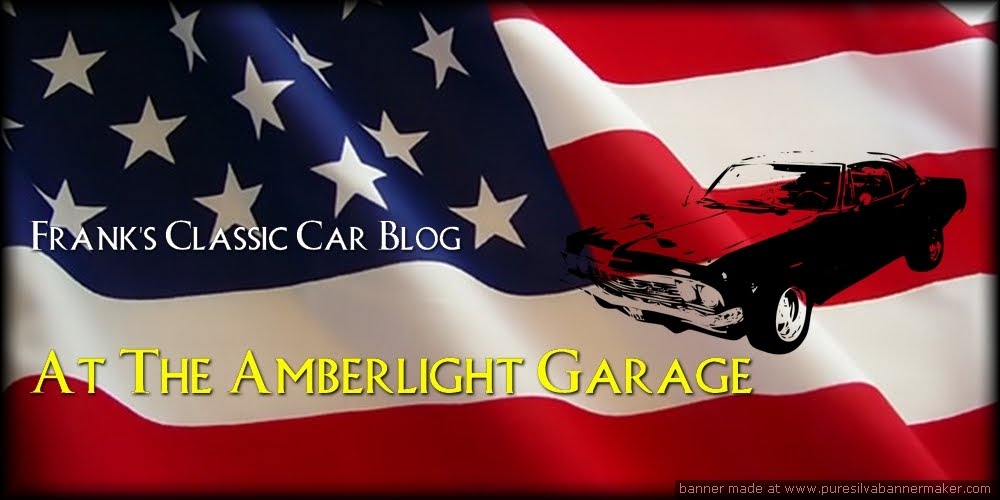Some of the least desirable American cars were made in the mid-70's. From eye sore designs to sluggish performance, there was not a lot of good coming out of Detroit. There was however, innovation. A good example of this was in the form of an all electric passenger car from the Elcar Corporation of Elkhart Indiana. The Elcar was completely street legal and featured an all fiberglass body, three-point seat belts, windshield wiper and washer, safety glass, side and rear view mirrors, horn and running lights, and a battery charger. Optional equipment included a radio, heater, courtesy lamp, wheel covers, spare tire with jack, and even a single car trailer! The motor was a 48 volt energized excited with a rear axle drive and featured a driving range of approximately 45 miles with a top speed of 25 MPH. A faster model was available that could reach 35 MPH but it had a reduced driving range of 30 miles. Given that these vehicles used eight 6 volt tar top batteries (like the Trojan T-105), that driving range would have been typical. Some reports state that the Elcar used 12 volt automotive type batteries but the model that I serviced many years ago had 6 volt batteries in it from the factory.
Because of the Elcar's size, it was often referred to as a "golf cart for the street". I am sure this scared off more then a few customers, given the majority of the other cars on the road at the time were nothing short of hulking behemoths. In reality, the Elcar was only slightly smaller then a new electric Smart Car. Elcar is 84 inches long, 53 inches wide, and 63 inches tall. A Smart For Two is 106 inches long (which includes the bumpers), 61 inches wide, and 61 inches tall. Dimensions is the only thing that is similiar in these two vehicles as the electric Smart Car is miles ahead in everything else, including the batteries which are lithium-ion.
So what happened to the Elcar? In a word, safety. Even though other passenger cars had to conform to Federal Safety Standards, the Government granted temporary exemptions of most of these standards to electric vehicle manufacturers to spur the development of zero emission vehicles. Unfortunately, most of the end results were disastrous. From suspensions that collasped during hard braking, to lead acid batteries located in the passenger compartment, not to mention no roll-over protection, the Elcar was an insurance company's nightmare. I wonder if you could even find one intact today?
Saturday, December 8, 2012
Subscribe to:
Posts (Atom)
















